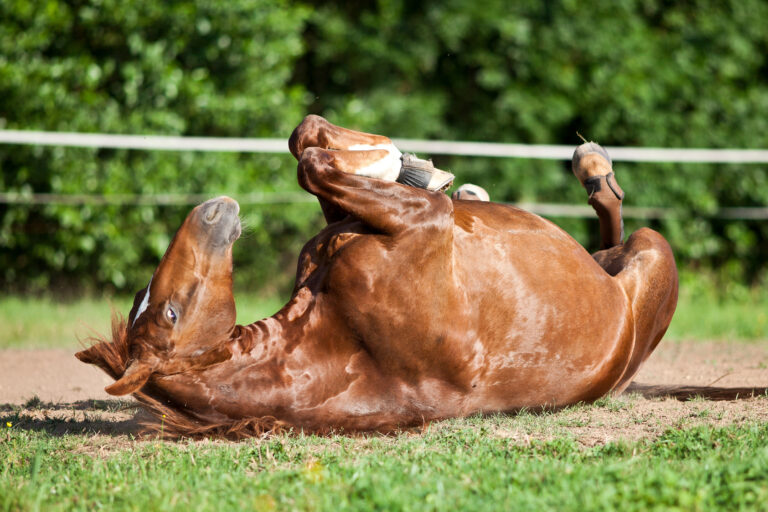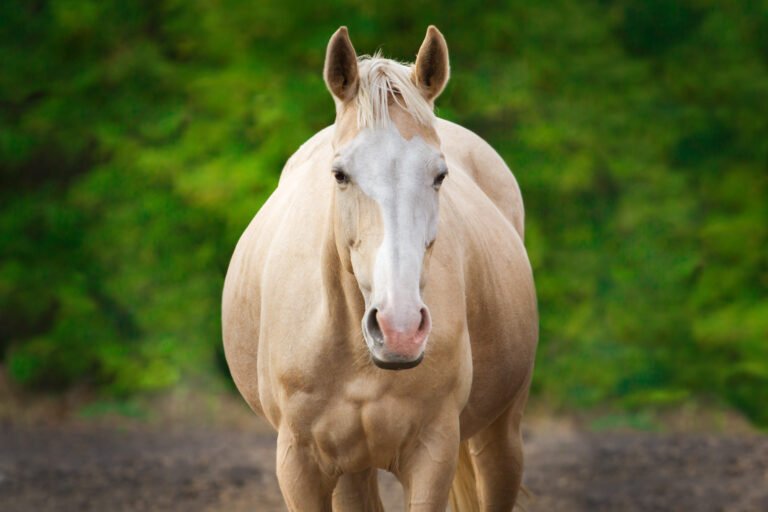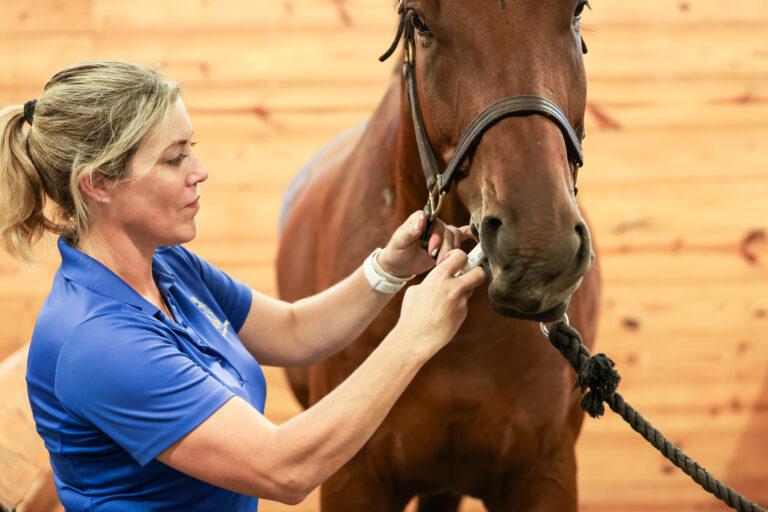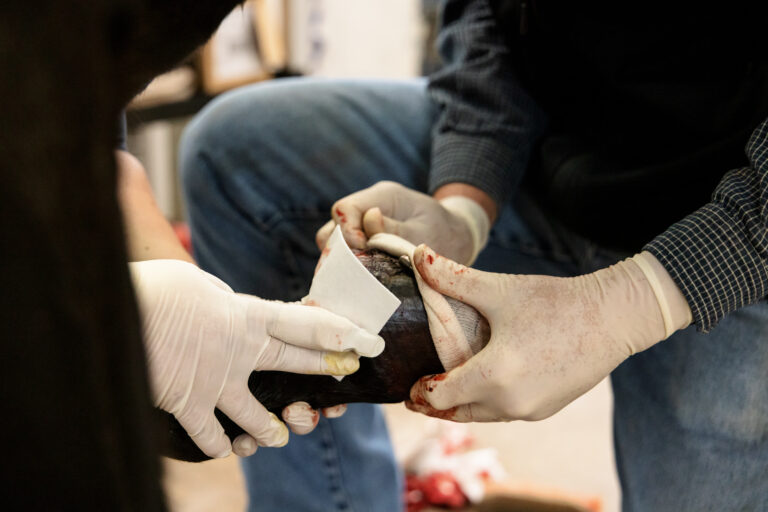
In this episode of The Business of Practice podcast, Jackie Christakos, DVM, and Rachel Liepman, DVM, MS, DACVIM (LAIM), joined us to discuss building healthy internship programs in equine practice. They spoke about experiences in their own practices and through their work on the AAEP Commission on Equine Veterinary Sustainability’s Internship Subcommittee.
Christakos explained why she was inspired to join the AAEP Commission’s Internship Subcommittee, saying, “My internship really set me up for success. I feel strongly and passionately that a good internship can set the stage for a successful and fulfilling career.” Echoing those thoughts, Liepman added, “My internship shaped me as a veterinarian and set me up for getting my residency position.”
Elements of a Top Veterinary Internship Program
Describing the most important elements of a top internship program, Liepman stated that having a lead mentor for the interns at a practice is essential, and that person should be someone “they can lean on, that they can rely on, that they can go to for hard questions but also just as a sounding board.” A doctor should be in charge of the internship program, which should include both didactic material and clinical skills. In addition, she said, “Interns need to be treated as humans, not as cheap labor.” Strongly agreeing, Christakos added that interns are investing in their future career by working longer hours for less money and, in return, it is critical they receive an equivalent value in training from the practice.
Entrustment Scales in Veterinary Internships
Christakos advocated for the use of entrustment scales in internship programs, which allow interns to rate themselves on certain skills. Their mentor rates them on the same tasks, and then they compare ratings. It “gives a way to talk about what went well and what could go better the next time,” she said. Entrustment scales can help map how much mentor support and assistance the mentee needs to complete a task successfully. “Entrustment scales can be used for soft skills as well, for communication with clients or colleagues or staff,” said Liepman.
Building Confidence in Veterinary Internships
Because early-career veterinarians often lack confidence, the guests shared their thoughts on the most effective ways to help interns build confidence. “Having primary case responsibility is a huge part of it,” stated Liepman. “The other thing that really helps is regular evaluations.” Because interns are highly motivated, they tend to judge themselves more harshly than their mentors, she said, so hearing positive feedback can help them realize how much they know and how far they have come. Using her own learning experiences, Christakos relayed how “repetition, for me, was a huge confidence builder.” She preferred to watch a procedure, then be coached through the procedure, and then try it independently with guidance only if needed.
Final Thoughts
In closing, Christakos and Liepman emphasized that interns are licensed veterinarians and should be treated as colleagues while receiving a high-quality educational experience. Because this initial experience can make or break whether a new graduate stays in equine practice, it is essential for mentors to set interns up for success.
About Dr. Jackie Christakos
Jackie Christakos, DVM, grew up in southern Illinois and became passionate about horses early in her life before moving to Colorado in 2004 to begin her undergraduate education. Christakos completed her Bachelor of Science and Doctor of Veterinary Medicine degrees at Colorado State University, followed by an internship at Littleton Equine Medical Center. She has remained with Littleton Equine since completing her internship.
Christakos has served on the Colorado Veterinary Medical Association Board of Directors and is a current AAEP Board member and chair of the AAEP Commission on Equine Veterinary Sustainability’s Internship Subcommittee. When she is not working, Christakos enjoys riding her Thoroughbred gelding, hiking 14ers, snowboarding, and hanging out with her husband and daughter and their dogs, Hank and Maggie.
About Dr. Rachel Liepman
Rachel Liepman, DVM, MS, DACVIM (LAIM), is an equine internal medicine specialist who has practiced in Arizona for nearly a decade. She has extensive training in sports medicine and is an avid equine enthusiast. She grew up on the East Coast and in the Midwest with Thoroughbred racehorses, and she still competes with her jumper mare.
She attended veterinary school at Michigan State University, completed an equine internship with B.W. Furlong and Associates in New Jersey, and underwent advanced training to obtain her master’s degree and certification with the American College of Veterinary Internal Medicine from The Ohio State University. Liepman is a member of the AAEP Commission’s Internship Subcommittee and is both a Decade One facilitator and a Starting Gate group facilitator.
When she’s not working, Liepman enjoys spending time with her husband and two children and riding her beautiful mare.
Related Reading
- Mentoring Equine Veterinarians: 5 Common Mistakes
- The Value of Mentoring Early Career Equine Veterinarians
- Business Briefs: What Creates a Healthy Internship?
Stay in the know! Sign up for EquiManagement’s FREE weekly newsletters to get the latest equine research, disease alerts, and vet practice updates delivered straight to your inbox.




